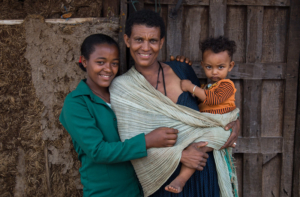
Despite Andorra’s modest geographic size, the country is known for its Romance Catalan language and strong diplomatic spirit. Above all these fascinating features, Andorra has a lengthy history of underage marriages as defined by the 1995 Andorra Marriage Law. With the approval of the child’s guardians, this law permits 16-year-olds to marry. The United Nations (U.N.) Committee on the Rights of the Child (CRC) and the Convention on the Elimination of All Forms of Discrimination Against Women (CEDAW) are two active organizations that aim to end child marriage and bring social stability.
Reproductive Freedom for Young Girls
According to the CRC, teenagers in early marriages have the right to seek reproductive and sexual health facilities when in need. Particularly, many teenage females suffer the most from these early marriages. They typically endure domestic violence from their partners. Additionally, they can fall pregnant at an early age, which may trigger mental health problems down the road.
However, the country criminalizes abortion in all circumstances and doesn’t offer domestic exceptions, even for rape, incest or health risks. As a result, people who seek abortions, including underage girls, are forced to travel to Spain or France. In response, the CRC in September 2023, expressed grave concern over Andorra’s total ban. Similarly, CEDAW recommended legal reform so that women and girls, including minors, don’t have to leave the country to access essential reproductive care.
UN Push Leads to Andorra Child Marriage Ban
In 1996, Andorra implemented a recommendation from the U.N. Committee to standardize the minimum legal age for marriage at 18 for both boys and girls. However, despite this early move, concerns persisted over loopholes in the country’s legal framework that still allowed underage marriages under certain conditions. In 2023, the issue resurfaced when the U.N. took note of recent amendments to the Qualified Act on Persons and Families. These reforms reinforced the prohibition of child marriage. These updates provided a more explicit and enforceable legal ban, making the country’s stance on the issue more straightforward.
The U.N. Committee suggested an act to standardize the minimum legal age for marriage at 18 for both boys and girls. Andorra implemented this recommendation in 1996. The U.N. brought up the subject again in 2023 after seeing that the Qualified Act on Persons and Families, a recently amended law, had been reinforced to outlaw child marriage. This allows for a more straightforward and apparent ban on this issue.
That same year, CEDAW called on Andorran communities to end underage marriage entirely. The Committee criticized provisions that permitted marriage as early as age 14 with judicial approval and age 16 under specific circumstances. CEDAW urged Andorra to fully align with international standards by establishing 18 as the absolute minimum legal age for marriage, without exceptions.
Further back in 2015, during the Universal Periodic Review by the U.N. Human Rights Council, Andorra had already agreed with CEDAW’s recommendations to strengthen child protection laws. As part of its broader human rights commitments, Andorra ratified the Council of Europe Convention to prevent and combat violence against children and conflict-related crimes. Under this framework, forced marriages, whether involving adults or minors, are now classified as a form of sexual abuse.
Final Remarks
Andorra has taken a pivotal stance against child marriage, guided by unwavering support for the two global groups. Andorra continues to establish child rights that adhere to universal standards. Legislative modifications and the cautious assembly to hold meetings helped examine these pressing issues and served to support this. Andorra’s commitment to safeguarding adolescents’ health assists in minimizing the adverse social and health effects of unlawful marriages.
– Janae Bayford
Janae is based in Centennial, CO, USA and focuses on Good News for The Borgen Project.
Photo: Flickr
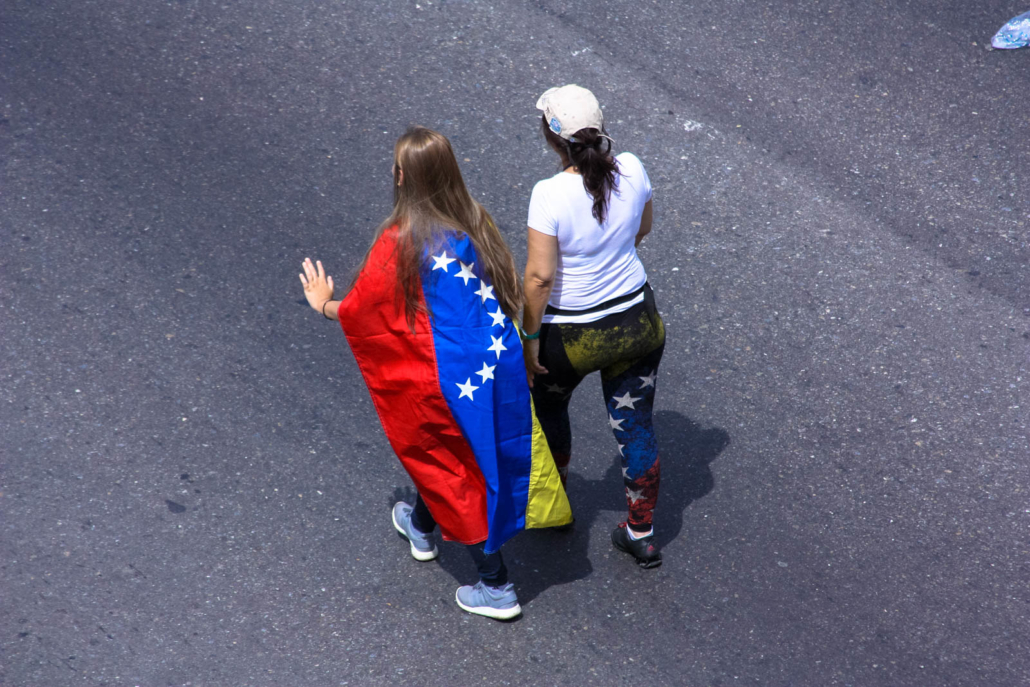
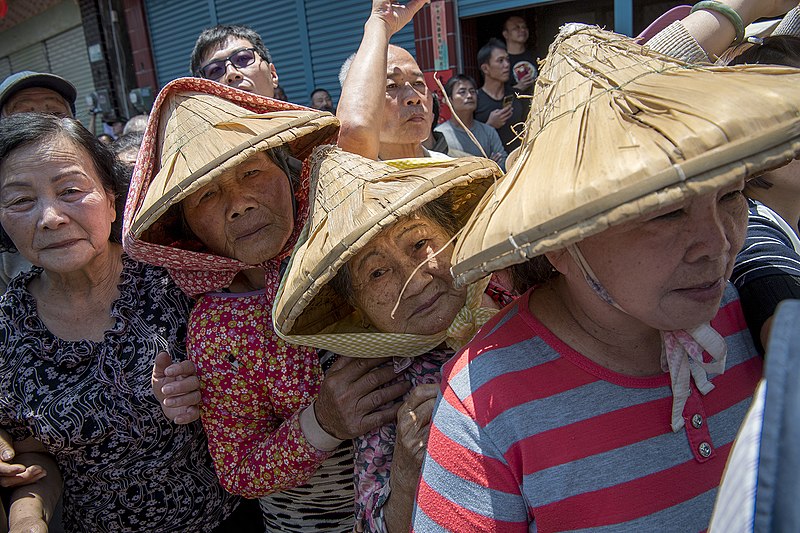
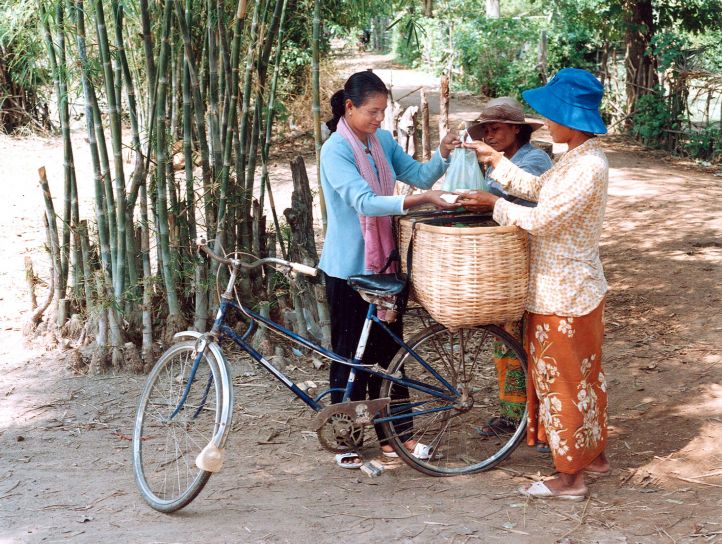
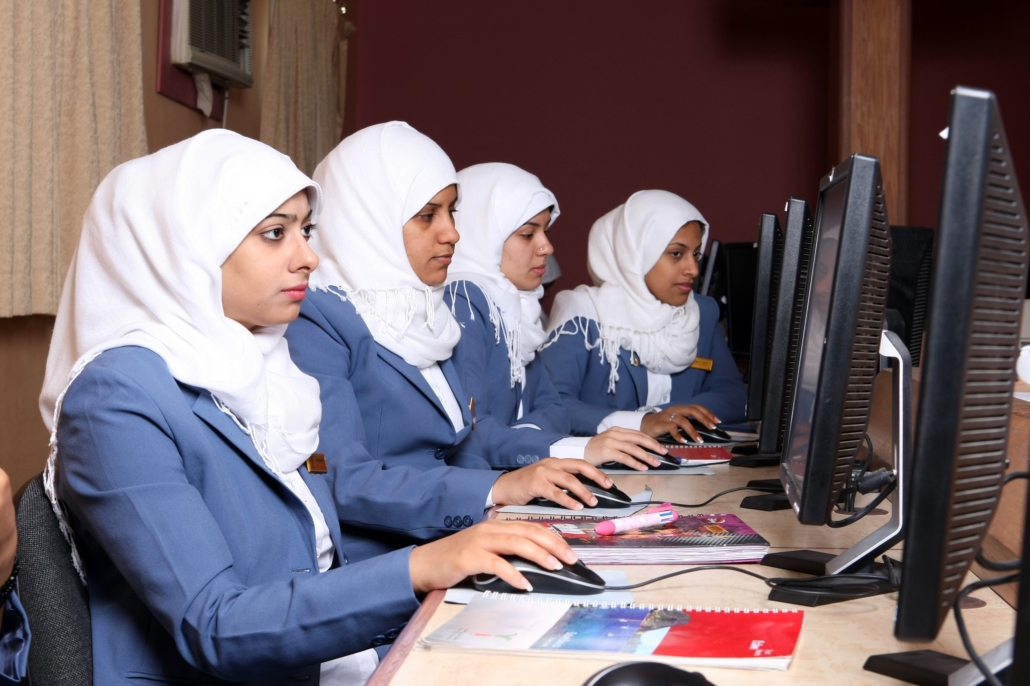
 The United Nations has warned of a recent
The United Nations has warned of a recent 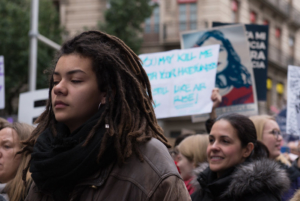
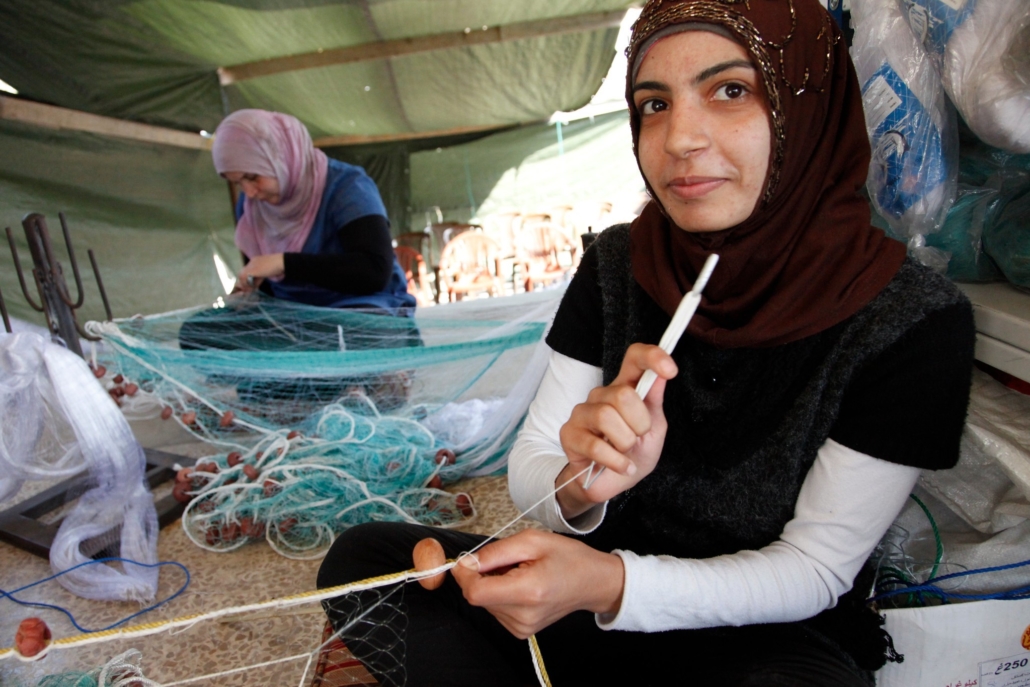
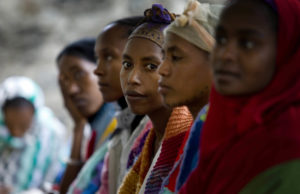
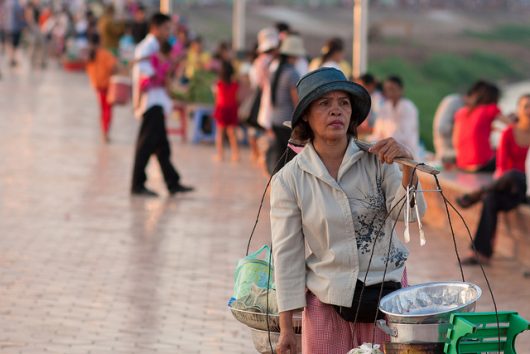 The Convention on the Elimination of all forms of Discrimination Against Women (CEDAW) has been one of the world’s most important nongovernmental organizations defending women’s rights since it was adopted by the U.N. General Council in 1979. Since then, it
The Convention on the Elimination of all forms of Discrimination Against Women (CEDAW) has been one of the world’s most important nongovernmental organizations defending women’s rights since it was adopted by the U.N. General Council in 1979. Since then, it 